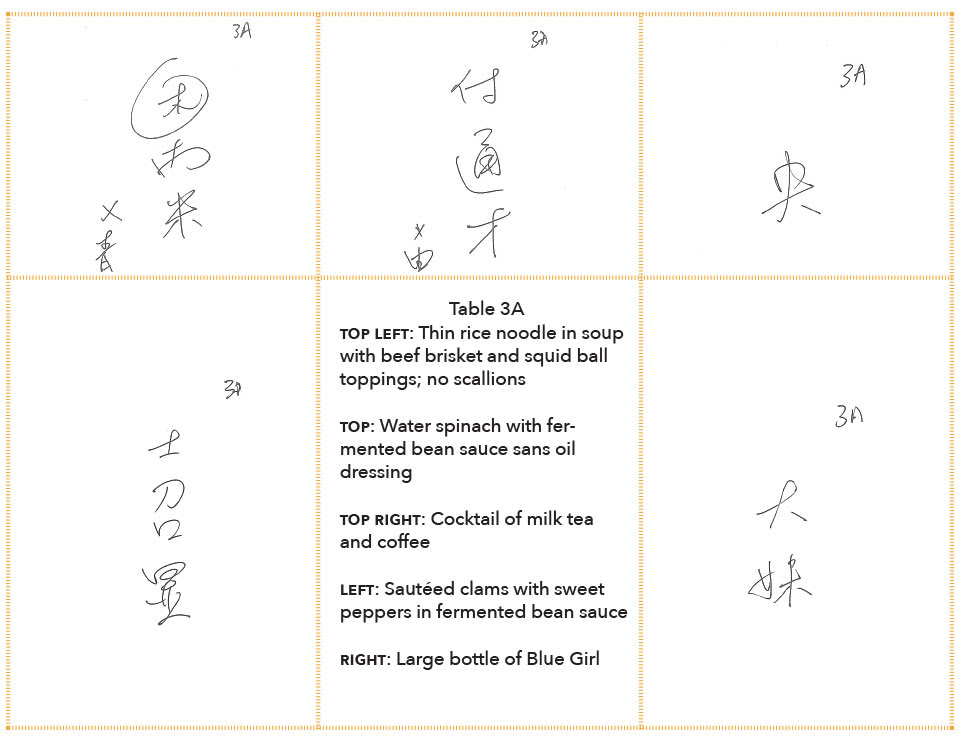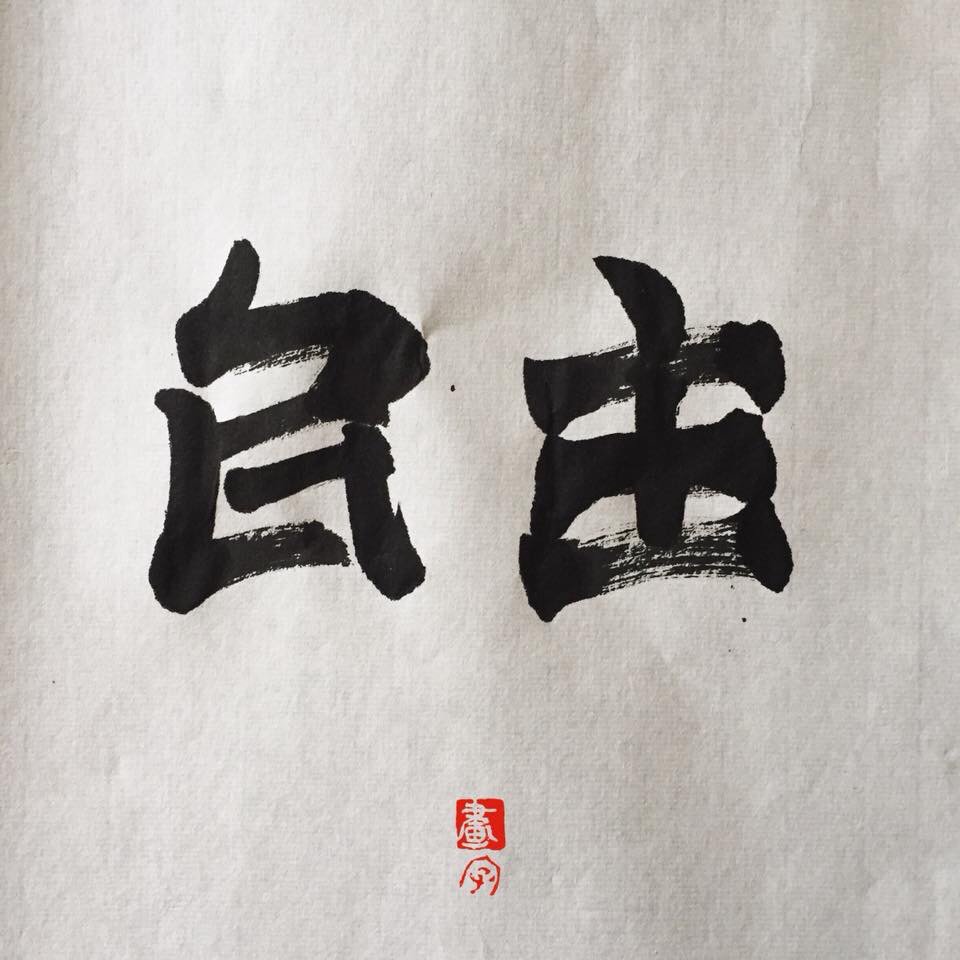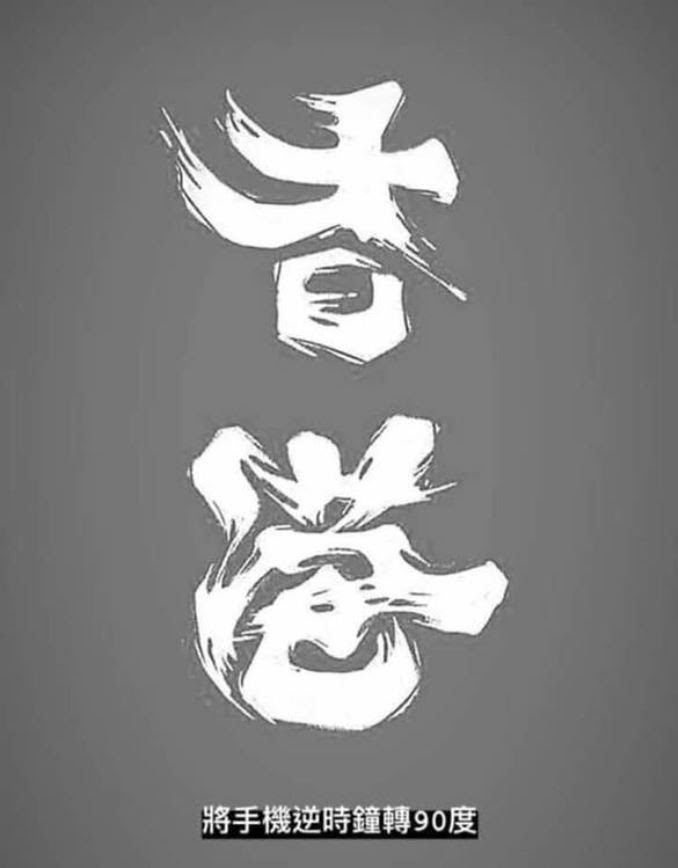The word for "write" in Modern Standard Mandarin (MSM) is xiě. The traditional form of the Sinograph used to write this word is 寫, var. 冩 (can you see the difference?). In Japanese that would be pronounced "sha" or "utsusu", but it is considered an uncommon character (hyōgaiji), and means not "write", but "transcribe; duplicate; reproduce; imitate; trace; describe; to film; to picture; to photograph".
There are a number of words for "write" in modern Japanese (e.g., arawasu 著す, shirusu 記す), but the most common is kaku 書く. Yes, that kanji means "book" in MSM, but it meant "write" in early Sinitic, whereas 寫 means "write" in MSM but meant "to place; to displace; to relocate; to carry; to relay; to express; to pour out [one's heart, troubles, etc.]; to copy; to transcribe; to follow; to describe; to depict; to draft; to create quotations; to draw; to sketch; to make a portrait; to sign; to formalize" in Literary Sinitic (LS) and Classical Sinitic (CS) This is a good example of how Japanese often tends to retain older meanings of characters in the modern language, whereas in MSM characters have a propensity to take on new and quite different, unexpected meanings (e.g., zǒu 走 ["walk" in MSM] meant "run" in LS and CS).
Read the rest of this entry »




